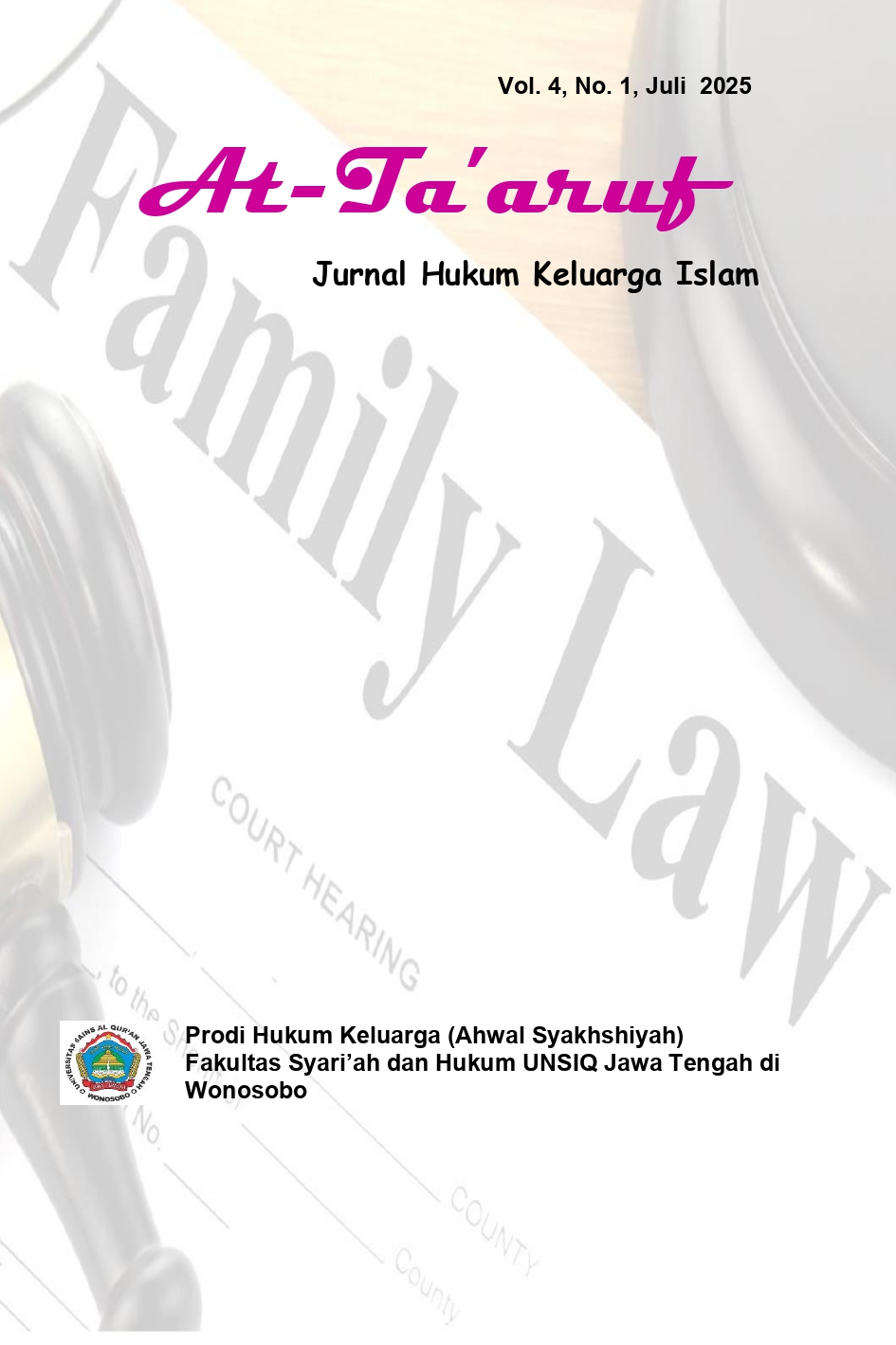Childfree in Islam: An Analysis of the Viewpoints of the Four Madhhabs and its Application in Modern Life
Childfree dalam Islam: Analisis Pandangan Empat Mazhab dan Penerapannya dalam Kehidupan Modern
DOI:
https://doi.org/10.59579/ath.v4i1.9443Keywords:
Childfree, Islam, four madhhabs, contemporary life.Abstract
This study aims to explore the phenomenon of childfreeness in Islam through a qualitative approach, focusing on analyzing the viewpoints of the four main madhhabs: Hanafi, Maliki, Shafi'i, and Hanbali. Qualitative methods were used to detail and analyze each madhhab's views on the decision not to have children by examining religious texts, hadiths, and scholarly thought. Contemporary case studies were also engaged in analyzing the application of childfree views in daily life and to understand their impact on Muslim individuals or communities. Through thematic analysis and data triangulation, this study is expected to provide a comprehensive understanding of the complexity of the childfree view of Islam and its contribution to the context of contemporary life. The results of this study reveal that there are several conditions for a person to use the concept of child free: the deliberate choice of not having children without any reason legalized by sharia is punished as haram according to the four madhhabs and is considered to damage or deviate from the purpose of sharia itself. This research is expected to open space for further discussion and reflection on the role of religion in understanding and responding to the dynamics of changing values related to life and reproductive decisions.



